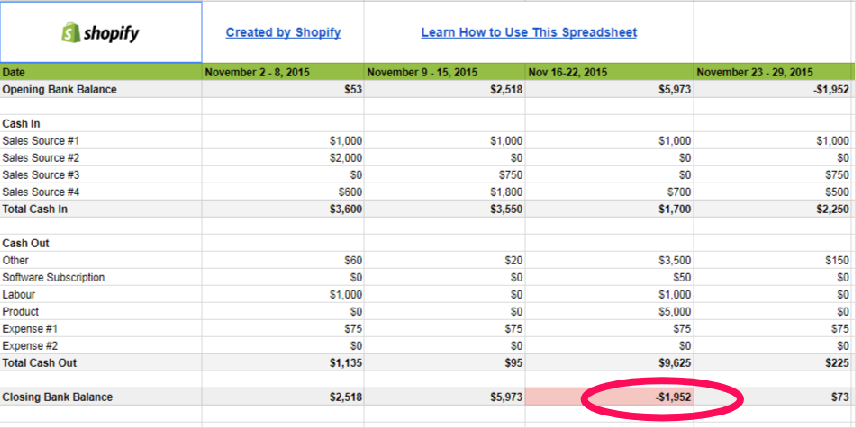
If you run an eCommerce store, or aspire to launch a shopping site in the future, it pays to think carefully about how you will balance the books over time.
Keeping track of orders, monitoring transactions, processing payments and doling out discounts can be a challenge unless you are on top of your finances. With that in mind, here are the main things you should know about bookkeeping in an eCommerce context.
Accounting Software Is Essential

10 Accounting Basics You Need to Know to Run a Successful E-commerce Business
It might seem obvious, but whether you are handling your bookkeeping in-house or outsourcing it to a professional accountant, having the right software in place can make things so much easier.
You can read this great post by Pilot if you want more information about the individual elements which accounting software will allow you to record and analyse as you run your business, but the general gist is that everything from inventory management to shipping fees can be recorded and taken onboard in your decision-making going forwards.
Cash Flow Counts

How to Choose Business Accounting Software
All retail operations rely on a ready supply of cash to procure products, maintain stock levels and splash out on any efficiency-enhancing upgrades as and when it becomes necessary to do so. If you do not know which items are making you money, where your cash is coming from, how it is leaving your business or what major outgoings may be looming just over the horizon, you could quickly find yourself in dire straits.
Keeping tabs on cash flow is therefore a must, not just in terms of making sure your day to day operations can run smoothly, but also when it comes to planning for the long term. Indeed employee satisfaction is tied not to the amount of pay, but the consistency of their employer’s ability to remunerate them in a timely fashion. Optimising your management of cash flow will avoid any snarl-ups that could lead to disruption in the ranks.
Inventory Is Important
This is something which many up and coming eCommerce organisations overlook, but unless you account for the costs associated with storing and shipping your inventory, you might face unforeseen costs and misjudge the state of your bookkeeping in a major way.
Storage space is an unavoidable expense of the retail industry, as are things like packing materials and shipping costs. You also need to combine such considerations with the carefully planning of orders placed to suppliers, since you need to balance stock levels against the cost of procuring your biggest selling items in appropriate volumes to meet demand.
Even the biggest retailers in the eCommerce sector can face huge costs if they do not manage inventory well. Of course there may be outside market pressures which push you into an unexpected situation, but if you have been taking the time to make optimal bookkeeping decisions, you should be in the best position to weather whatever potential storms might lurch over the horizon.
Bookkeeping is an unavoidable and potentially rewarding aspect of running an eCommerce site, and hopefully you are now equipped to explore it further with more confidence.




